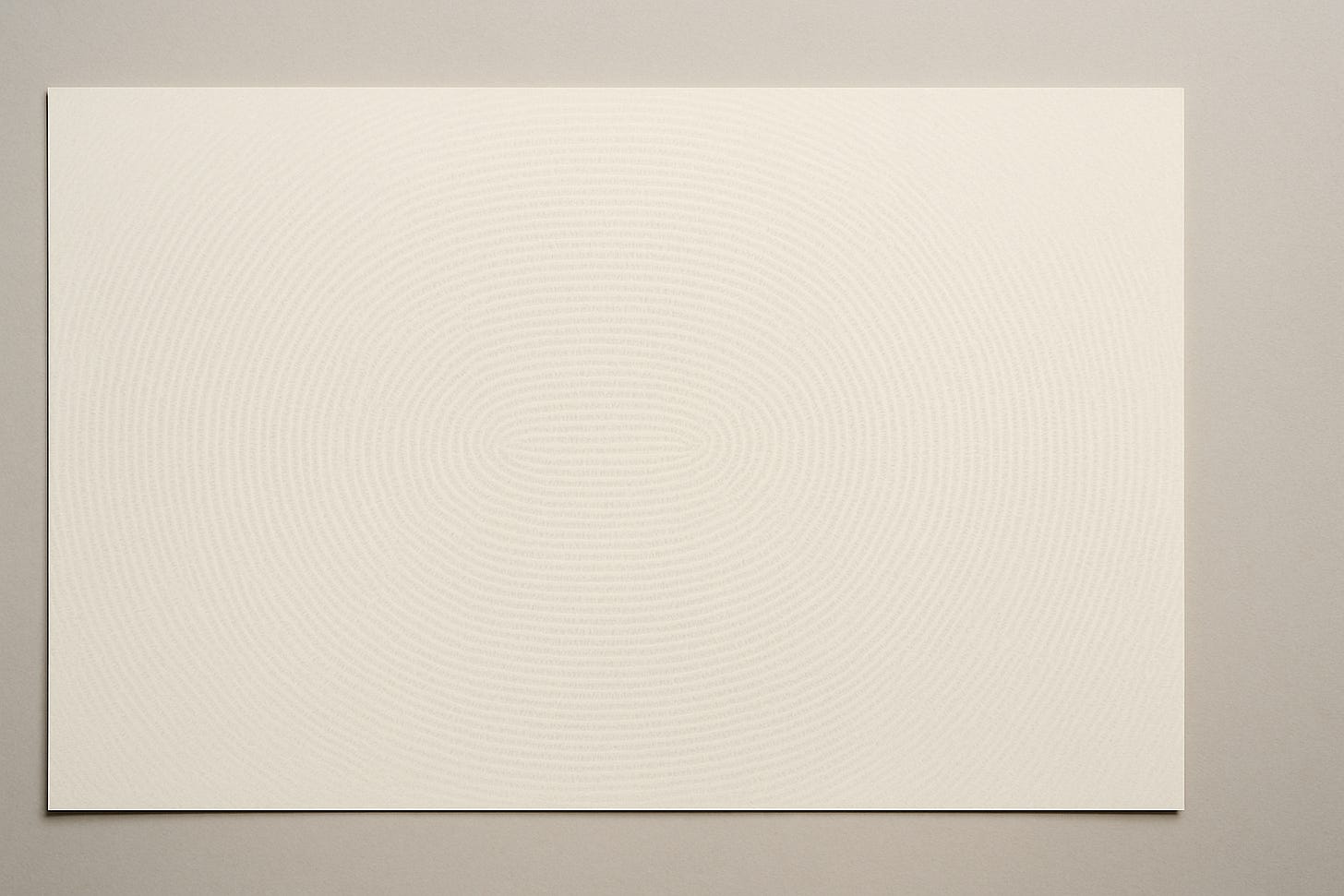This week, in his weekly inspirational message from the Parsha, my friend Efryim/Barry Shore focuses on the Torah's prohibition to charge interest. In his usual way of playing with words, he notes that while one may not take financial interest, one must take interest in their fellow, in what is going on around them and even in themselves.
Building on that, there is a cognitive bias known as the frequency illusion where we pay selective attention to any which idea. For example, when one buys a new model car they suddenly notice that model everywhere they go. When you are thinking of an idea, you might notice that it pops up everywhere.
This happens to me all too often, and my friends tell me it happens to them. When one pays attention one will see that this phenomena happens to us all the time. It can be a story, a business deal, a chiddush, a dvar torah or whatever.
Sometimes, inspiration arrives from the most unexpected places, like a stray comment, a friend’s story, a sefer that happen…




